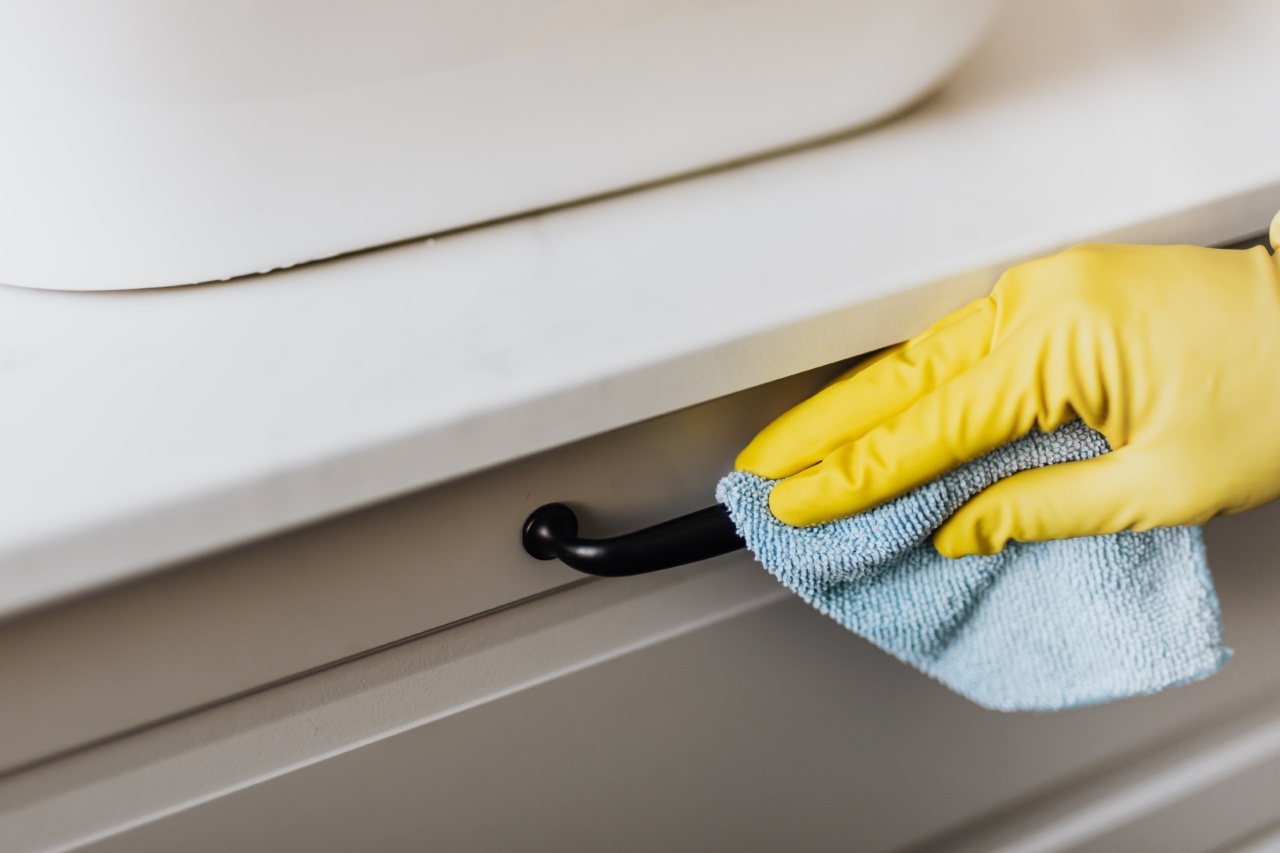Our bodies are complex and delicate systems, with various parts that require care and attention. While it is common knowledge that certain areas should be left untouched, it is important to understand the reasoning behind it.
In this article, we will explore the eight body parts that should be considered restricted zones for handling.
1. Eyes
The eyes are highly sensitive organs that require special care. Touching or rubbing your eyes with unwashed hands can introduce harmful bacteria, leading to infections such as conjunctivitis or pink eye.
Additionally, excessive force or pressure on the eyes can result in corneal abrasions or damage to the delicate structures within the eye. Therefore, it is crucial to avoid touching your eyes unless necessary, and always make sure your hands are clean beforehand.
2. Ears
Inserting any objects, including cotton swabs or fingers, into the ear canal can cause damage or injury.
The ear is a delicate organ responsible for hearing and balance, and attempting to clean it by inserting objects can push wax deeper into the ear or damage the eardrum. If you are concerned about excessive earwax buildup or any ear-related issues, it is best to consult a healthcare professional.
3. Nose
Although it may be tempting to pick your nose, especially when you feel a blockage, doing so can lead to a variety of complications. The nasal passages house microscopic hairs called cilia that help filter out foreign particles, dust, and bacteria.
Inserting fingers or objects into the nose can damage the delicate tissues and disrupt the function of the cilia, potentially leading to infections or bleeding.
4. Mouth
While it is common to use our hands for activities involving the mouth, such as eating or brushing teeth, it is important to minimize unnecessary contact.
Our hands carry numerous bacteria and viruses, and transferring them to the mouth can lead to various oral health issues. Avoid touching your mouth, especially when you have not washed your hands properly.
5. Genitals
The genital area is highly sensitive and should be treated with care and respect. Unclean hands or improper hygiene practices can introduce harmful bacteria, leading to urinary tract or genital infections.
It is crucial to maintain proper hygiene and wash your hands before handling this area.
6. Wounds or Open Sores
When you have a wound or an open sore, it is important to keep the area clean and avoid unnecessary handling. Touching a wound with dirty hands can introduce bacteria, potentially leading to infections or delays in the healing process.
If you need to clean or dress a wound, ensure that your hands are properly sanitized and the tools you are using are sterile.
7. Pregnant Belly
During pregnancy, the belly becomes a sensitive and delicate area. While gentle touch is generally fine, it is crucial to avoid applying excessive pressure or poking the belly.
Doing so can cause discomfort to the mother and potential harm to the unborn baby. Always be mindful of the mother’s comfort and avoid any actions that may cause unnecessary stress or injury.
8. Throat
The throat is a vital part of our respiratory and digestive systems. It is important to refrain from touching or inserting objects into the throat unnecessarily. Such actions can induce a gag reflex, potentially leading to choking, injury, or infection.
If you experience throat-related issues, consult a medical professional for appropriate care.


























